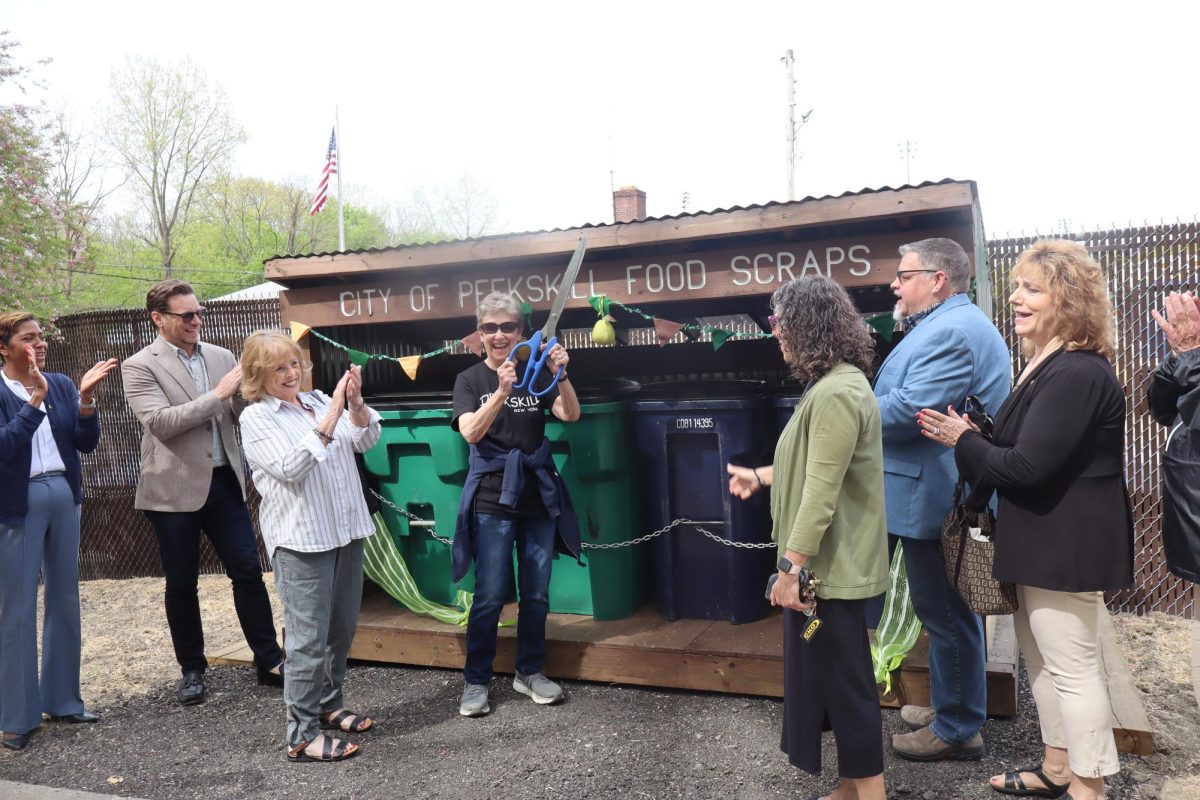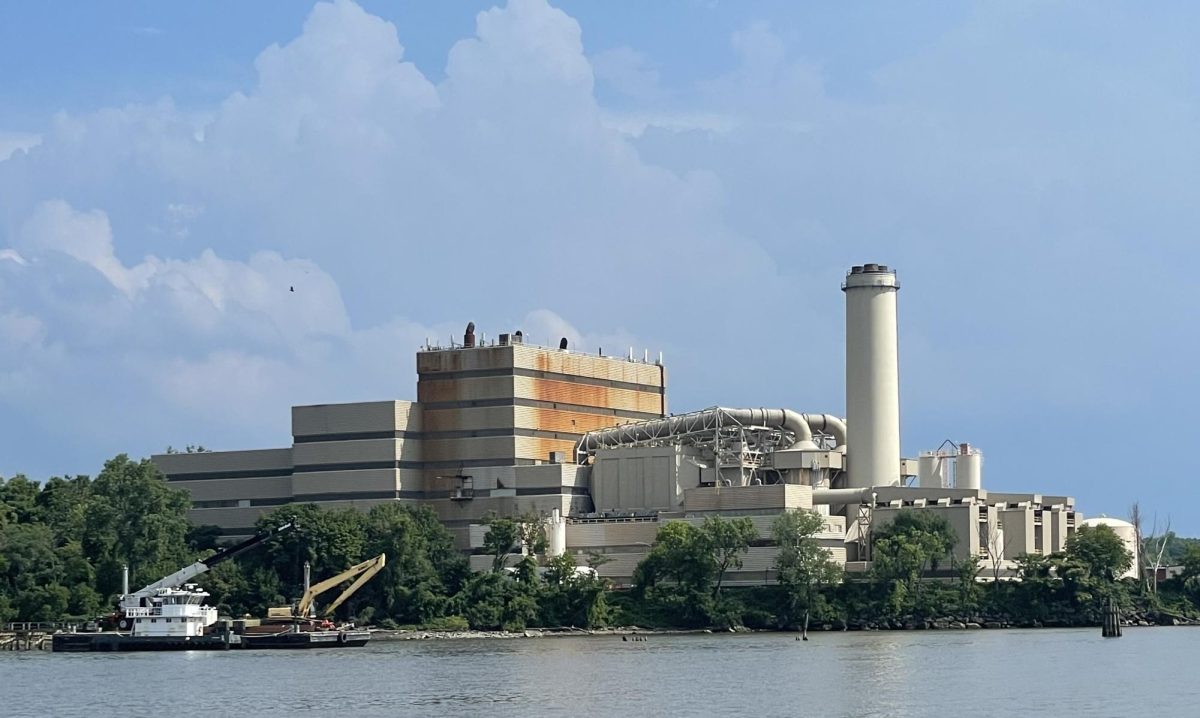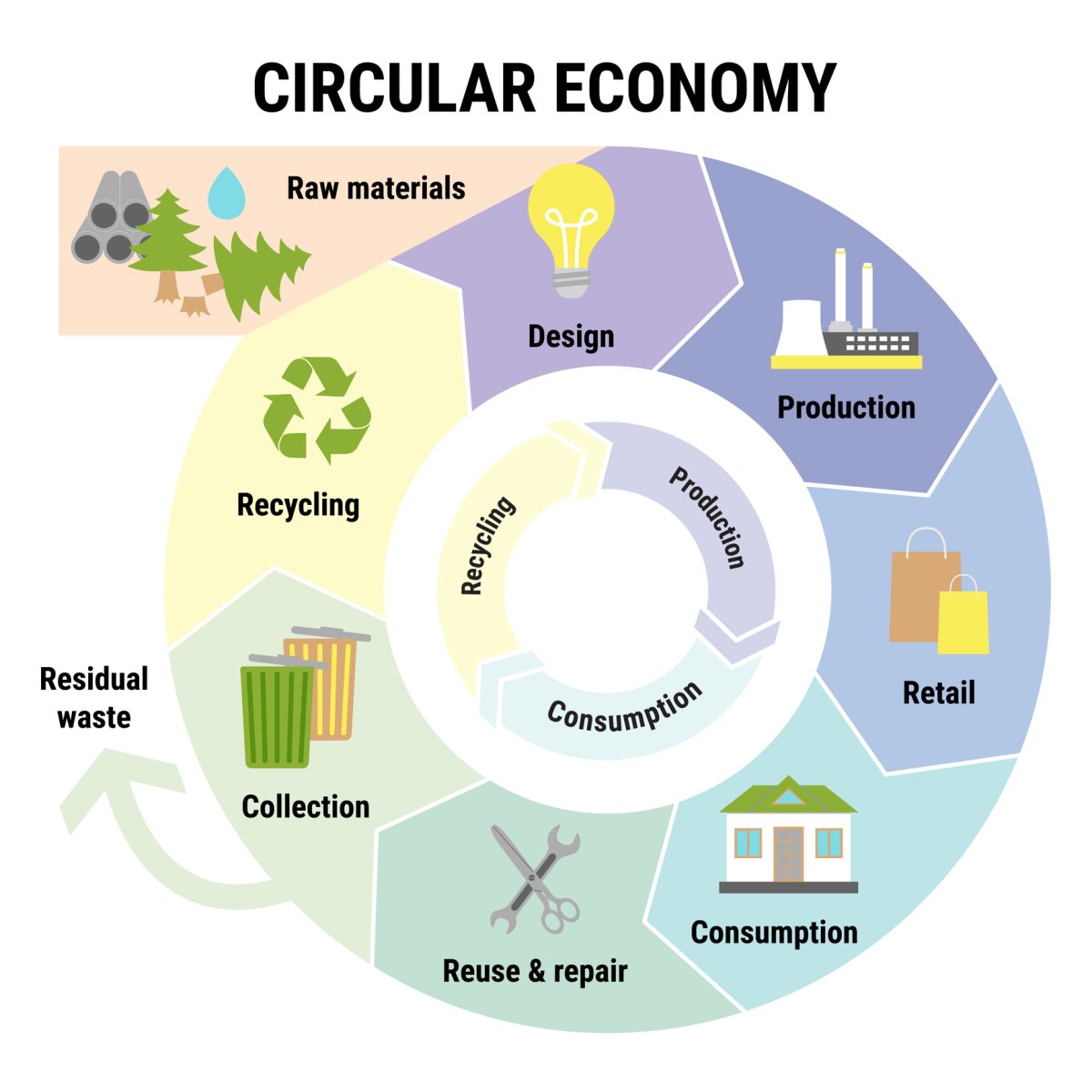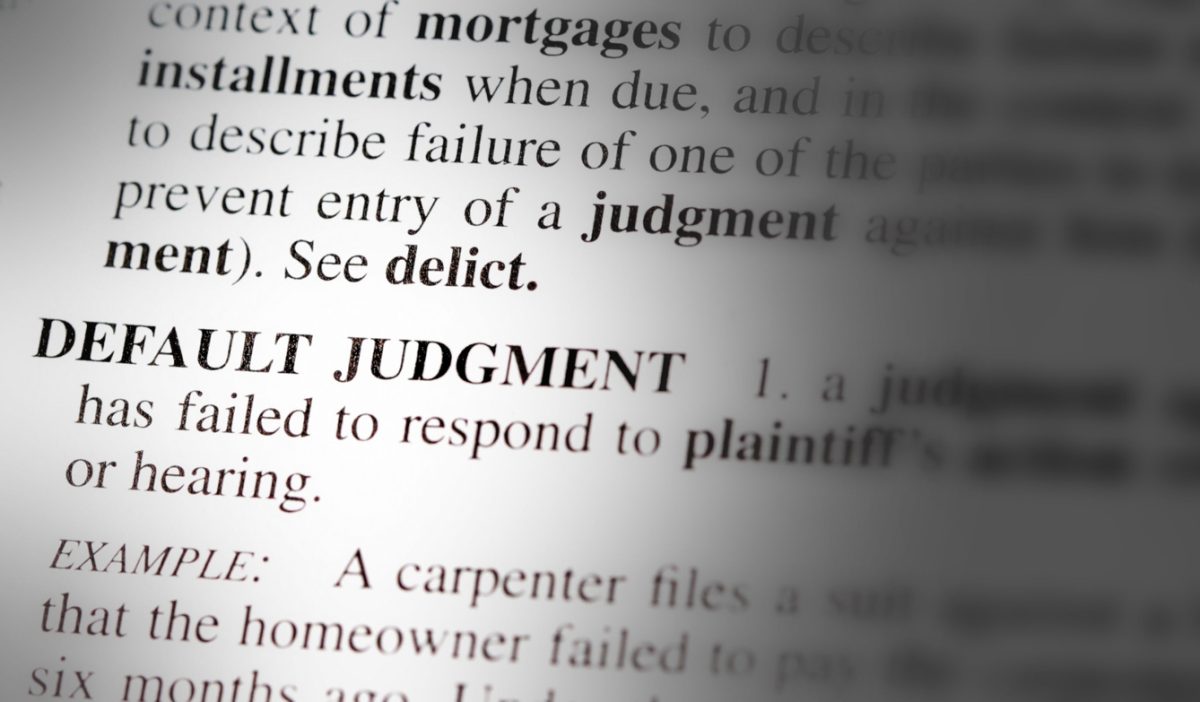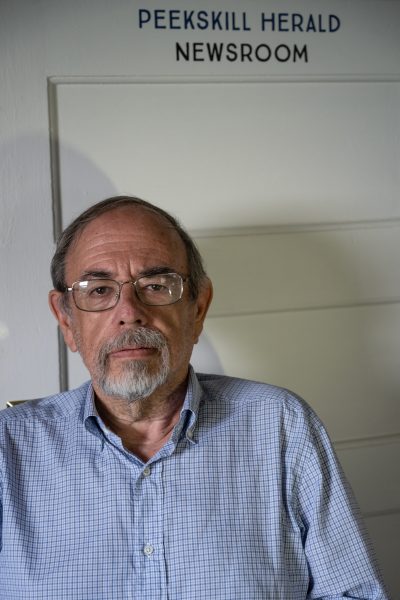New York State Attorney General Letitia James is accusing Holtec International of violating a state law passed last August that prohibits Holtec from discharging radiological wastewater into the Hudson River.

“During the fourth quarter of 2023, and upon information and belief during the third quarter of 2023 after the Discharge Law became effective, Holtec discharged radiological substances into the Hudson River in connection with decommissioning of Indian Point in violation of the Discharge Law,” James alleges in legal papers filed July 3 in U.S. federal court.
James makes the claim in response to an ongoing lawsuit Holtec filed on April 18 to overturn the state law.
However, according to people familiar with the matter, the water released into the Hudson came from a substation pump and did not involve any treated radiological wastewater or from processing buildings involving decommissioning work.
The main source of the water involved comes from an underground spring under Unit 1 at the site and involves groundwater and storm water. The water released was not equal to the large volumes that would happen with planned releases of treated radiological wastewater, according to the people familiar with the case.
Contacted by The Herald, a spokesman for Holtec denied the state’s allegation.

“Indian Point continues to remain compliant regarding our water discharge permits and provided the required annual effluent data to the NRC,” said Patrick O’Brien, director, government affairs and communications for Holtec International.
“No discharges of water related to decommissioning activities have occurred in accordance with the enactment of the State law last year. Discharge of stormwater and groundwater not in connection with the decommissioning of Indian Point are allowable and regulated.”
Allegations that Holtec was violating the state law appeared on the state’s Indian Point Decommissioning Oversight Board’s (DOB) website on June 24.
“As part of the DOB’s ongoing review of Holtec’s public filings with the United States Nuclear Regulatory Commission (USNRC), state agency members of the DOB learned that there were discharges of radiological substances to the Hudson River in calendar year 2023, well below allowable federal standards, but potentially inconsistent with the State’s law prohibiting the discharge of any radiological substance to the River in connection with decommissioning.
“The state agencies made the AG’s Office aware, and they in turn made the court aware as part of the ongoing litigation. Because of the pending litigation, the DOB will have no further comment. The Holtec CY 2023 report is available on the USNRC’s public Agencywide Documents Access and Management System (ADAMS) at Accession No. ML24114A228,” the DOB statement reads.
New York state is asking the federal judge hearing Holtec’s case to find that the company has violated the Discharge Law and to fine the company civil penalties. The state also wants the judge to dismiss the lawsuit Holtec filed against the state to overturn the law and charge Holtec with all legal fees.
The August 2023 “Save the Hudson” bill ended planned releases of diluted, treated radiological wastewater from the plant that still retained trace amounts of tritium, which can’t be filtered out.
Releases of the water had been common practice at Indian Point for decades. The new law ended the practice because legislators determined it posed a health threat and would cause economic harm to the region. Supporters of the law say the state has the right to protect its citizens from the harm that tritium can cause.
In its lawsuit, Holtec is arguing that the state cannot override federal law that allows disposal of the treated wastewater. The company has yet to propose an alternative method to dispose of the hundreds of thousands of gallons of radiologic wastewater remaining at Indian Point.
Holtec claims its plan to treat and dispose of tritiated wastewater in the Hudson River from Indian Point “fully satisfies NRC regulations and is well within federal limits on radiological discharges,” according to court papers.











